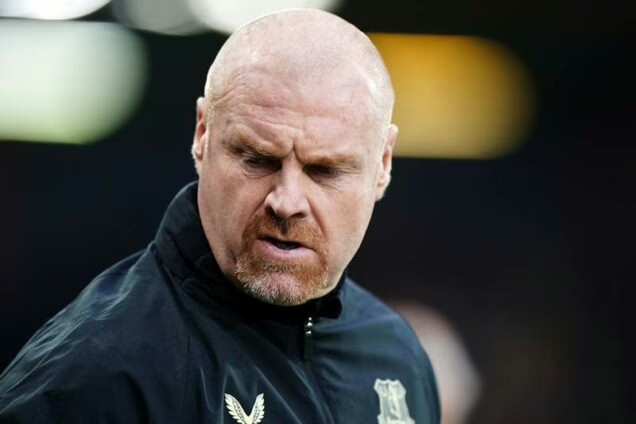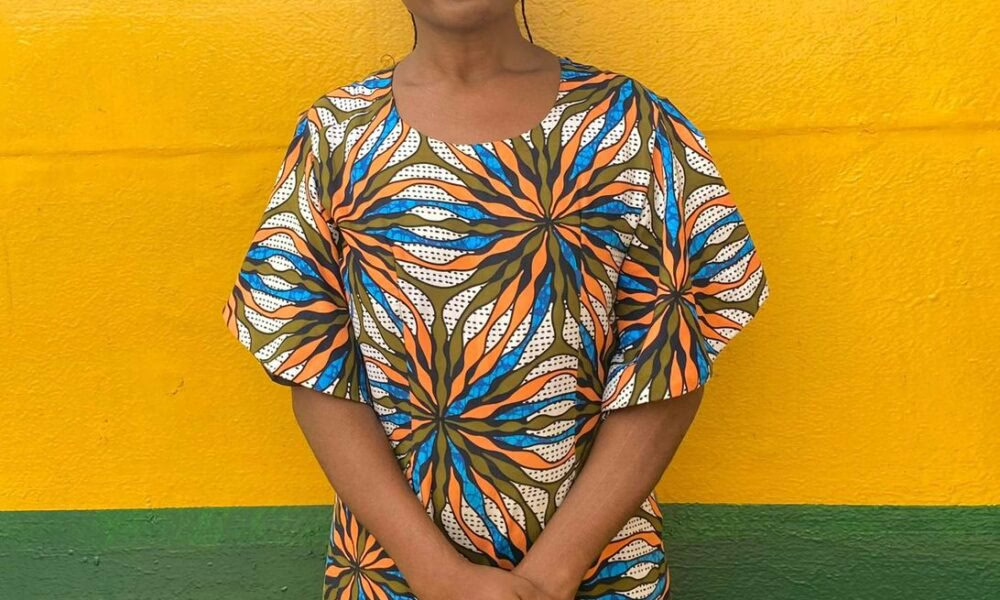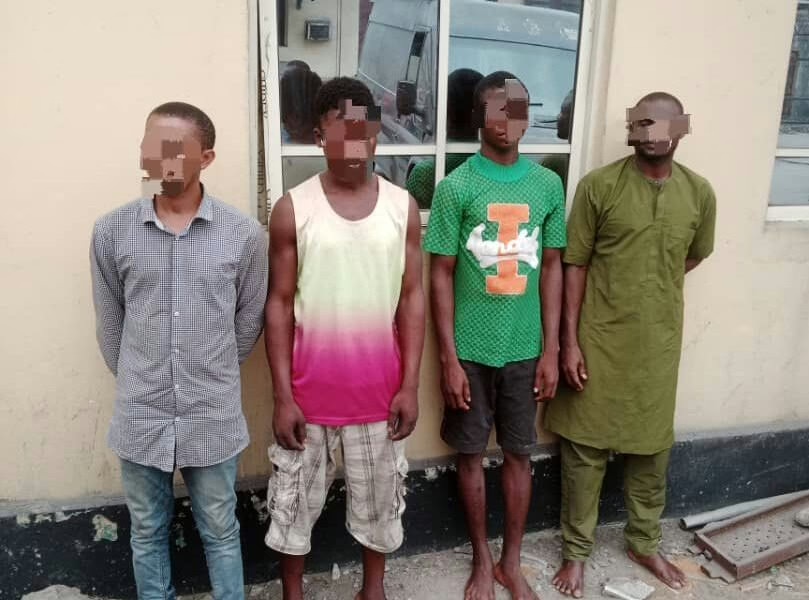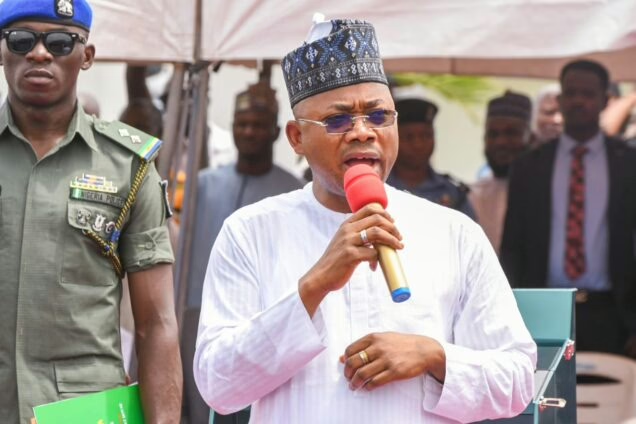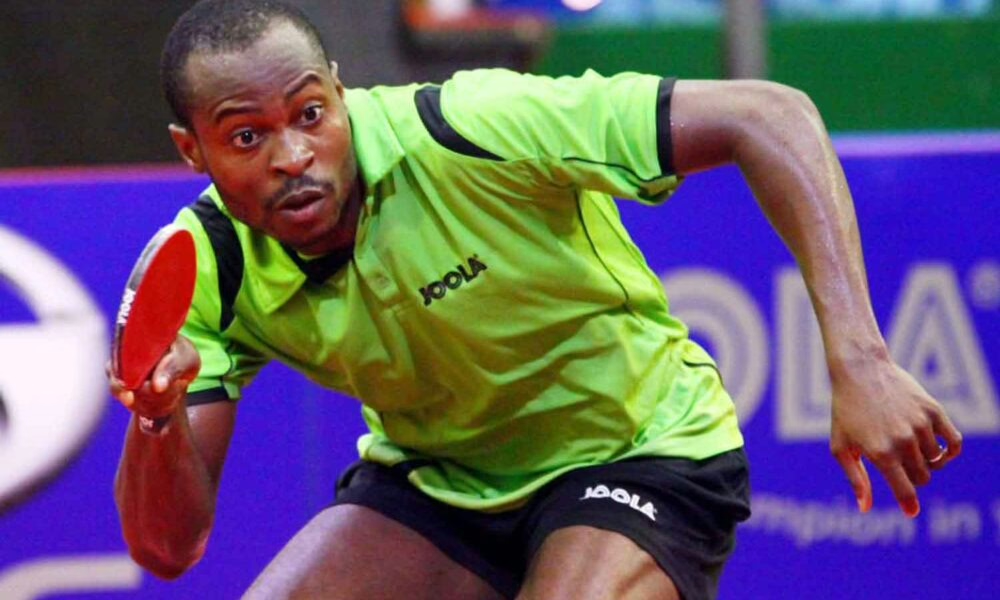By Bill Gates
Last month, I visited Nigeria for the first time in five years, and, everywhere I went, perhaps more than on any of my previous trips, I felt the immense energy and boundless potential of its rising generation. I met with young scientists and researchers working on innovative solutions to some of the country’s most difficult challenges in health and development. I also listened to young entrepreneurs talk about leveraging new digital technologies to improve health care and financial literacy.
Nigeria has one of the largest youth populations in the world, and 19 of the youngest 20 countries, in terms of median age, are in Africa. That represents a lot of potential skills and passion to solve big problems. In fact, Africa’s growing and talented young population is the continent’s most powerful asset for the future, and when I met with Nigeria’s leaders, I re-emphasized how much they could achieve if they invest in health and opportunities for youth.
Making strategic investments to unlock the vast potential of Africa’s young people is especially critical now. An unprecedented set of global events—including the COVID-19 pandemic, war in Ukraine, security crises, and the effects of climate change—has stalled growth in health, agricultural development, and other key sectors. Progress hasn’t come as fast as Africans want and need. Because of these overlapping crises, the cost of servicing debt in Nigeria and many other nations is rising faster than revenue, and the urgent priorities exceed available resources, so every cent must count.
How can we best make that happen? Here are three key lessons I’ve learned over the years from my conversations with our African partners and other experts – lessons that were reinforced on my recent trip.
Focus on the most important problems.
There is no shortage of problems that need solving, but some should come first. Without health, for example, there can be no opportunity. Women should not have to worry whether they will survive pregnancy and whether their babies will make it through childhood. People should be able to expect that when they go to a health clinic, there will be enough workers and supplies to provide care. Everyone should have access to healthy food, including staples fortified with essential nutrients. And farmers should have all the tools they need to adapt to the effects of climate change and produce the food Africans need.
That’s why our foundation supports partners across Africa working to make birth safer, get life-saving vaccines to children, increase agricultural productivity, and make food more nutritious. Young people depend on these basics to reach their full potential, and countries need them to grow and thrive.
Prioritize the most effective interventions.
Throughout my visit, I met with impressive Nigerians working on innovations that can yield dramatic results at a relatively low cost. They reminded me that progress isn’t just about how much money is spent. It’s also about making sure it’s spent well.
For example, one stubborn problem in Nigeria is the high rate of anemia among pregnant women, which can cause hemorrhage during childbirth or harm babies’ brain development. Research shows that giving expectant mothers an intravenous infusion of iron, which takes only minutes and lasts an entire pregnancy, could save thousands of lives and protect the futures of millions of children. In Lagos, I met with Professor Bosede Afolabi, a partner of our foundation, as she administered this effective treatment and we discussed efforts to train more health workers throughout Nigeria on the practice.
Improving childbirth conditions is one of 12 high-impact, low-cost interventions that the Danish researcher Bjorn Lomborg highlights in an inspiring new book, Best Things First. Lomborg also notes the transformative potential of agricultural productivity. Spending an additional $5.5 billion per year on agricultural R&D, he found, would yield annual benefits of $184 billion by reducing malnutrition, helping farmers adapt to climate change, and lowering food costs. That’s an amazing $33 return on every dollar.
In Lagos, I met with several scientists delivering on this promise, with solutions that include a high-yield cassava variety, digital tools to help farmers in Nigeria and Tanzania manage changing soil conditions, a product to protect against deadly aflatoxins, and a fertilizer that can increase the productivity of soybean crops by as much as 45 percent at a fraction of the cost of traditional fertilizer.
Get life-saving products to everyone who needs them.
As with Professor Afolabi and her work with IV iron, these crop scientists weren’t just creating innovative products; they were thinking creatively about how to distribute their product and inform farmers about them across Africa. This focus on reaching everyone is critical for reducing dramatic gaps in health outcomes between rural and urban areas, rich and poor, men and women.
These and many other incredible innovations in the pipeline have the potential to save a lot of lives and improve even more—but only if developers and designers are intentional about doing so.
There are so many worthy candidates for a country’s resources. But high-impact interventions that reach everyone should be at the top of the list of priorities. I have every confidence that Africa’s young people won’t just be the beneficiaries of these efforts— they’ll be leading them. Throughout this visit, I was continually struck by the enthusiasm of Nigeria’s young people to make a difference, and the creative ways they are harnessing innovative science and technology to accelerate progress and improve lives across Africa. The problems are persistent, but so are the people solving them.
Bill Gates is co-chair of the Bill & Melinda Gates Foundation.


